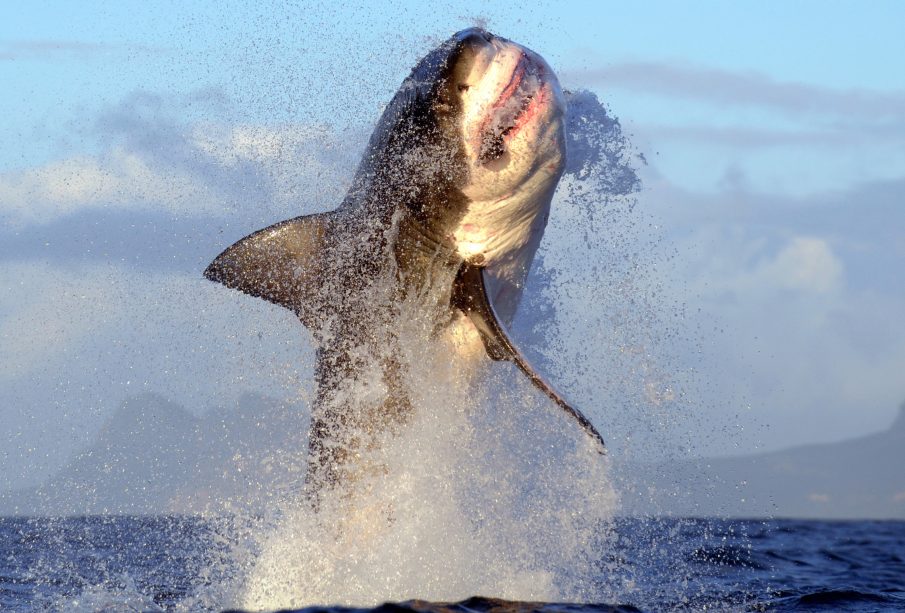Understanding Great White Sharks: The Ocean’s Apex Predators

Introduction
Great white sharks have long captivated the imagination of ocean enthusiasts and researchers alike. As apex predators, they play a critical role in maintaining the balance of marine ecosystems. With increasing concerns over their declining populations due to human activities, understanding the importance of these formidable creatures has become more relevant than ever.
The Significance of Great White Sharks
Scientifically known as Carcharodon carcharias, great white sharks are one of the largest predatory fishes in the world. They can reach lengths of up to 6 metres (20 feet) and weigh over 2,200 kilograms (4,800 pounds). These sharks are found in coastal waters in every ocean, particularly in areas with abundant seals, which are a primary food source.
Great whites are not just significant for their size but also for their ecological role. As apex predators, they help control the populations of various marine species, ensuring the health of the underwater ecosystem. Their hunting habits can influence the behaviour of prey species and further maintain the balance of oceanic environments.
Recent Findings and Conservation Efforts
In recent years, scientists have made significant strides in understanding the behaviour and migratory patterns of great white sharks. Tagging studies have shown that these sharks undertake long migrations across oceans, which has important implications for their conservation. However, despite their resilience, estimates suggest that great white sharks face numerous threats, including habitat loss, fishing, and climate change.
The International Union for Conservation of Nature (IUCN) has listed great white sharks as a vulnerable species. Conservation programmes have been initiated in several countries to offer protections by banning shark finning and establishing marine protected areas where these sharks can thrive. Public awareness campaigns have also been launched to reduce fear and misinformation about sharks, emphasizing their ecological importance.
Conclusion
As we continue to learn more about great white sharks, it is crucial to recognise their significance not only as apex predators but as vital components of marine ecosystems. Efforts to protect them are essential in combating the issues they face from human activities. The conservation of great white sharks is not merely about saving one species; it is about preserving the intricate balance of our oceans for future generations. As awareness grows, it is hoped that more citizens will advocate for the protection of these incredible creatures and the ecosystems they inhabit.









